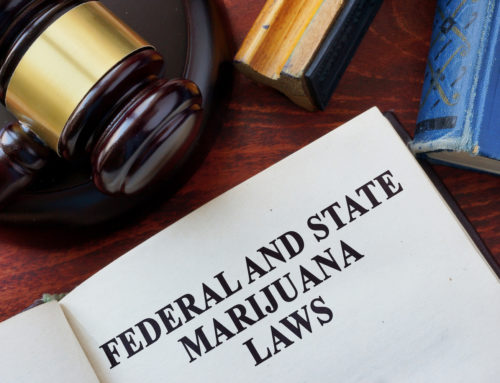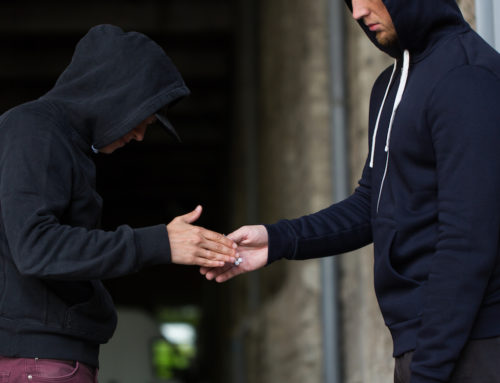 As many people watched the Netflix documentary “Making a Murderer” about the murder trials of Steven Avery and his 16 year old nephew Brendan Dassey, it becomes apparent that a statement or “confession” made to the police can often times be a mountain too high to climb. However, whether you are facing a charge of murder, assault with a deadly weapon, robbery, first degree burglary or any other serious felony in California an incriminating statement made to the police in some instances can be suppressed or challenged in a way that can lead to the reduction of criminal charges or even the dismissal of a criminal complaint of information.
As many people watched the Netflix documentary “Making a Murderer” about the murder trials of Steven Avery and his 16 year old nephew Brendan Dassey, it becomes apparent that a statement or “confession” made to the police can often times be a mountain too high to climb. However, whether you are facing a charge of murder, assault with a deadly weapon, robbery, first degree burglary or any other serious felony in California an incriminating statement made to the police in some instances can be suppressed or challenged in a way that can lead to the reduction of criminal charges or even the dismissal of a criminal complaint of information.
1. Involuntary Confessions in California
Under California Law, a confession is a suspect or defendant’s declaration of their intentional participation in a criminal act. Although a confession alone is not enough to obtain a criminal conviction, most any other evidence of guilt can be used along with a confession to obtain a conviction. The Government has the burden of proof to establish that a defendant’s confession was voluntarily made under the preponderance of the evidence standard. The test used by the Courts in California to determine whether a confession is voluntary is whether defendant’s ‘will was overborne at the time he confessed.’ Under the 5th Amendment to the United States Constitution, suspects or criminal defendants have a right not to incriminate themselves, which means all persons can exercise their right to remain silent. When law enforcement acts in such a way where a person gives a statement or confession in violation of their 14h Amendment right to due process and 5th Amendment right to remain silent, such statement cannot be used to convict a defendant in a criminal trial.
There are many examples of what California courts consider to be involuntary or coerced confessions in violation of California and U.S. Constitutional law. Coerced or involuntary confessions include a wide range of situations and circumstances. The most common example of an involuntary or coerced confession taken from a defendant or suspect includes a confession by means of actual or threatened physical violence or torture. These types of involuntary confessions may seem archaic but they still occur and a seasoned criminal lawyer can defend a serious felony case by challenging and suppressing such statements. In addition, psychological interrogation techniques have been deemed to be in violation of a defendant’s right to be free from compelled self-incrimination. California Courts of Appeal have concluded interrogation techniques unlawful where the confession or statement was obtained as a result of express or implied promises, by law enforcement officers, of “leniency” or “benefit” in the event the defendant confesses. Challenging such confessions can be complicated as a Court will look to the totality of the circumstances in determining the voluntariness of a confession or statement made to law enforcement.
2. Confessions by Minors in California
In deciding whether a minor’s confession is voluntary, a California judge will consider numerous factors, including the minor’s maturity, physical condition, education, emotional state, mental capacity, mental health and prior experience within the criminal justice system. The Courts will also look at the circumstances of the questioning, including the length, location and continuity of the interrogation and any police tactics including coercion, lies, promises of leniency, threats, or other deception. Moreover, Appellate courts have found that general threats, promises, lack of food or sleep, or confinement are all likely to have a more coercive effect on a minor child than on an adult. In addition, a criminal attorney will present certain characteristics of the minor, including any mental deficiency combined with the nature of the interrogation which may also lead to a finding of a coercive confession.
Many believe that, when they have given a statement or confession to the police or law enforcement, they have no possibility in successfully defending criminal charges. To the contrary, if you have given a statement to law enforcement either prior to or after an arrest, you should always contact an experienced criminal defense attorney to determine if the statement was valid or in violation of a person’s Constitutional rights and California Law.





